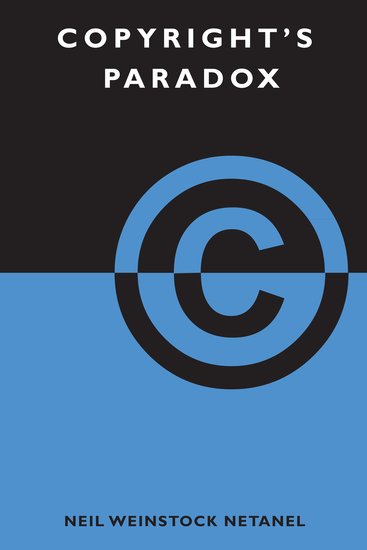In 2010, Aaron Swartz, a 26-year-old computer programmer and founder of Reddit, downloaded thousands of scholarly articles from the online journal archive JSTOR. He had legal access to the database through his research fellowship at Harvard University; he also, however, had a history of dramatic activism against pay-for-content online services, having previously downloaded and released roughly 100,000,000 documents from the PACER (Public Access to Court Electronic Records) database, which charges eight cents per page to access public files. Given his status as a prominent “hacktivist” and the sheer quantity of files involved, law enforcement agents concluded that Swartz planned to distribute the cache of articles and indicted him on multiple felony counts carrying a possible sentence of $1 million in fines and 35 years in prison.
Swartz was slated to go to trial this year but committed suicide in early January, prompting a public outcry against the prosecution in his case. Swartz was a prominent voice in the heated debate surrounding modern copyright law and public access and use (see his 2008 “Guerrilla Open Access Manifesto”). New York’s current issue contains a great feature from Wesley Yang discussing Swartz’s activism, his life, and the controversy in which he was embroiled.
In the ongoing debate over Swartz’s prosecution, we’ve pulled together a brief reading list on the issues surrounding American copyright in the digital age from OUP’s stable:
Copyright’s Paradox by Neil Weinstock Netanel
Netanel weighs current IP law against the basic right of freedom of speech. Like Swartz, he finds it unacceptably constricting.
The Oxford Introductions to U.S. Law: Intellectual Property by Dan Hunter
A concise overview of the current state and history of IP law in America from a prominent New York University IP expert.
Copyright and Mass Digitization by Maurizio Borghi and Stavroula Karapapa
Two UK scholars discuss “whether mass digitisation is consistent with existing copyright principles.”
How to Fix Copyright by William Patry
A Senior Copyright Counsel at Google takes a look at the changing economic realities of the globalizing, digitizing world and concludes that our government must “remake our copyright laws to fit our times.”
Democracy of Sound by Alex Sayf Cummings
An overview of music piracy stretching back to the advent of recorded sound. The RIAA made headlines throughout the last decade by litigating against users who shared music online, but musicians, record companies, songwriters, and fans were navigating this territory for nearly a century before the Internet became a factor.
Unfair to Genius: The Strange and Litigious Career of Ira B. Arnstein by Gary Rosen
The story of one early 20th century musician who spent decades conducting high-profile lawsuits against the leading pop icons of the day. Though he never won a single case, Ira Arnstein managed to have a significant impact on the shape of music copyright through the decisions in his numerous cases.
Without Copyrights: Piracy, Publishing, and the Public Domain by Robert Spoo
Spoo homes in on the contested publication of Ulysses to reveal the impact on copyright of literary modernism (and vice versa). Characters such as Ezra Pound, the infamous publisher Samuel Roth, and of course James Joyce flesh out a revealing story about artists grappling with free speech and authorship.
Oxford University Press is committed to developing outstanding resources to support students, scholars, and practitioners in all areas of the law. Our practitioner programme continues to grow, with key texts in commercial law, arbitration and private international law, plus the innovative new ebook version of Blackstone’s Criminal Practice. We are also delighted to announce the new edition of the Max Planck Encyclopedia of Public International Law, one of the most trusted reference resources in international law. In addition to the books you can find on this page, OUP publishes a wide range of law journals and online products.
Subscribe to the OUPblog via email or RSS.
Subscribe to only law and politics articles on the OUPblog via email or RSS.



Recent Comments
There are currently no comments.